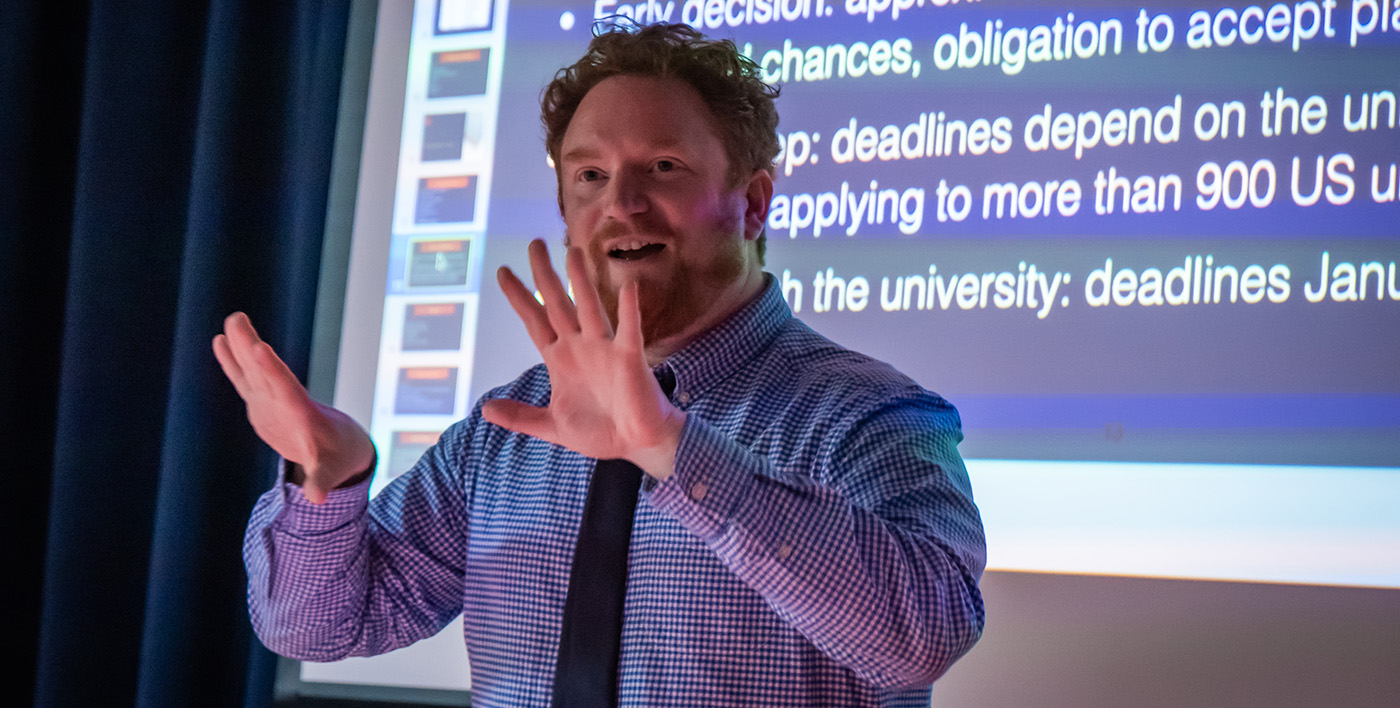University
Applications
University Applications
UK Universities: Application to British universities has to be made through UCAS (the Universities and Colleges Admissions Service), with a deadline between September 1st and January 15th of the academic year preceding enrolment. Specific deadlines for Oxford, Cambridge, and medical schools are on October 15th. Candidates should decide on their university choices between the last term of Year 12 and the first half term of Year 13. UCAS applications require a personalised teacher reference, grade submission and a personal statement written by the student.
US Universities: For US universities, admission is based on academic records, school references, and admissions tests. Competitive institutions have high academic standards similar to British universities. American universities may require standardised tests, such as SAT I and SAT II, and specific subject tests. Details on exams and registration are available from the Exams and Higher Education Officer. Runnymede recommends students consult the school for applications to US universities. Mr Powell has extensive knowledge about the admissions process and has been on recent tours of top universities on the east and west coasts.
Spanish Universities: For Spanish universities students need 3 or 4 A levels. A mark out of 10 is awarded depending on the grades obtained in the A Levels. Convalidation and homologation (título de bachiller) from the British system into the Spanish are obtained by the school, along with the Credencial de Acceso. n some cases, students may need to take entrance exams (Pruebas de Competencia Específicas) for certain universities, with much of the exam content covered in A level subjects.
Other Universities: The school also guides students regarding admissions processes elsewhere, with talks and visits from representatives from the Netherlands, Ireland, France, Switzerland and more places.


